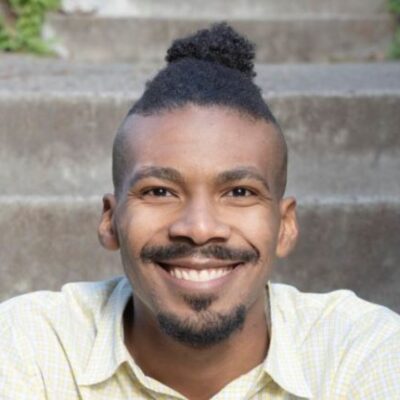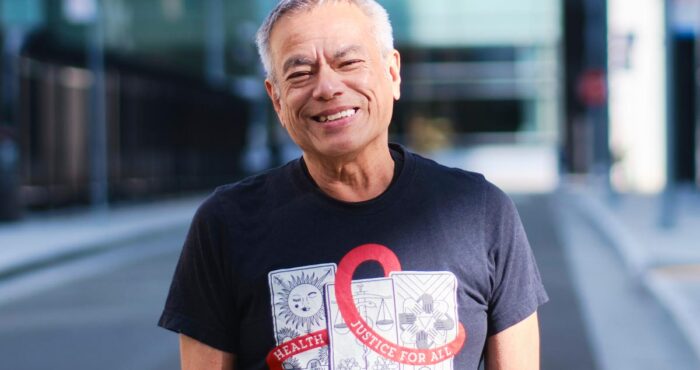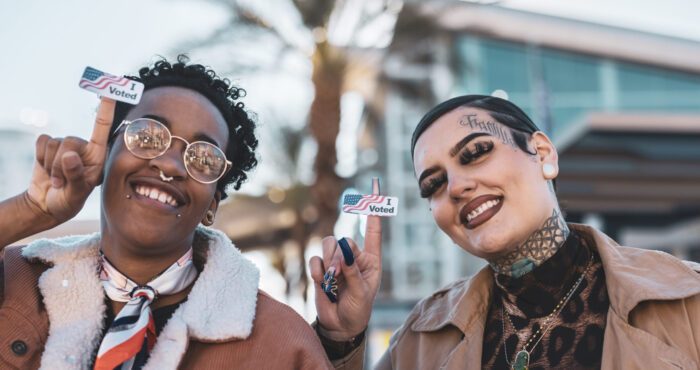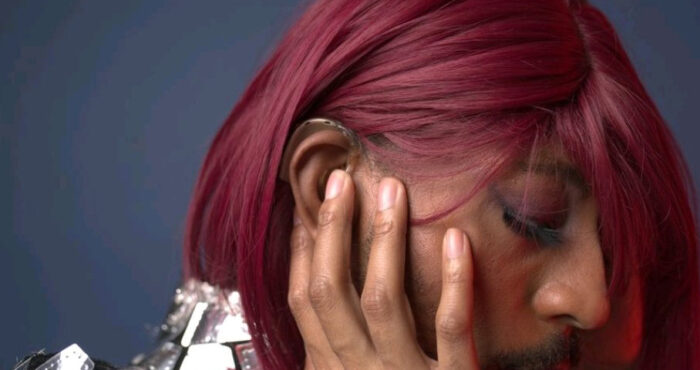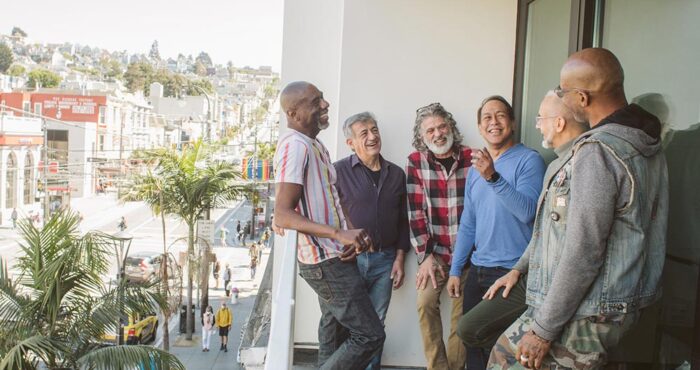Dear “Rejected in San Francisco”

I recently stumbled upon an 1999 open letter published in SFGate under the column “Cintra Wilson Feels Your Pain” that discusses how a gay, Black man felt alone within the Bay Area’s queer community. The letter, signed as “Rejected In San Francisco” by an anonymous gay, Black male seeking respect, and the response by advice columnist Cintra Wilson begs an 25-year update, however.
“Believe me, any gay Black man with aspirations of moving to the Bay Area to escape persecution or to acquire any sort of real happiness is in for a rude awakening,” “Rejected in San Francisco” exasperates. The fixation on whiteness, both in personal preferences and in the media representation within the gay community, amplified his sense of alienation and inadvertently perpetuated the cycle of self-doubt and devaluation that many black gay men endure.
I felt tenderness of his vulnerability, and the pain of his loneliness.
Wilson’s response aimed to be affirming, even referring to the writer as “Chocolate Love,” a term intended to celebrate blackness, but really her words need a complete rewrite. Such labels as “chocolate”, while intended to be endearing, can reduce our Black identity to a consumable object – one that does not require consent or consideration of feelings, one that can be bought and sold.
Cintara goes on to say, “You need to raise people’s consciousness, starting with your own. Rely on the inner castle of your soul, which is perfect and colorless and impervious to the idiotic limitations of this illusory planet.” I’ve never read anything that sounds so beautiful, but actually meant nothing. Before I could finish the passage, I wanted to reach through the internet, back through time, through an AOL dial-up tower desk modem, look past her 90s wedge sandals and give her a reality check.
Oh, the stories I could tell of the things white, gay men in San Francisco have done and said. Like the time I went on a first date and talked about how I like to read memoirs by Black, queer authors and my date suggested that I should read more books “written from the white perspective.” I politely ended the date and took my ice cream and walked in the opposite direction in Dolores Park. That was probably more ignorant than the white man who told me that “Black people don’t go to therapy.”
I’ve been told that I should take “fetishization as a compliment.” Afterall, I should take all of the desired attention I can upon reading all of the “No Blacks” or “prefer blue eyes” that mar profiles on Grindr and Scruff, right? When I chopped a white man’s hand before he grabbed me at a underwear holiday party in SoMA, I had to remind him that “Santa’s packages aren’t for everyone.”
Here, Cintra’s advice is akin to blaming a fish for swimming in an ocean that’s polluted. The fish, representing the individual facing discrimination, may work on its resilience, but without addressing the pollution, the ocean remains toxic not just for this one fish but for all marine life. Her words suggest that the fish alone can thrive in toxicity and alchemize atoms by sheer will, rather than rallying the collective efforts needed to cleanse the waters for the benefit of the entire ecosystem.
So, let’s give it another try, Cintra:
Dear Rejected in San Francisco,
I am enraged by the notion that you’ve been stewing in Cintra’s words to simply “raise your consciousness” as if the onus of combating the pervasive discrimination you face is solely yours to bear. No. It’s not your responsibility to enlighten the willfully ignorant or to seek solace in some ethereal “inner castle.” The suggestion is not just misguided; it’s an insult to the very real struggle you face every day.
The healing you seek, the respect you deserve, will not be found in the empty gestures of a community that fails to confront its own racism whether through willful or unintentional deprioritization of Black issues. Instead, the path to your liberation lies in the power of Black community. It is within this sacred space that you will find the unwavering support, the shared experiences, and the collective strength to rise above the ignorance and hate that have been thrust upon you.
Surround yourself with Black peers, mentors, and allies who understand the weight of the world you carry on your shoulders. Seek out black-led LGBTQ+ organizations, attend events that celebrate Black culture, and immerse yourself in environments where your blackness is not just seen but cherished. It is in these spaces that you will experience the transformative power of a community that truly understands, that fights for you, and that heals with you.
Baldwin, Rustin, Riggs, and Hemphill left wisdom for you to consume. Let each word permeate and replenish your soul. Who would you be if you knew that they were walking right beside you, guiding you to your own journey? Who would you dare to be if you knew that they were rooting for your success?
The Black community is a wellspring of resilience and love, a place where your identity is not a liability but the source of indomitable spirit and pride. Here, you will find not only healing but a fierce determination to change the narrative, to demand the recognition and equality that have been denied to you for far too long.
May you find your tribe, “Rejected in San Francisco,” and within them, the strength and solace you so rightfully deserve. The journey may be daunting, but know that you are not alone. Together, in the embrace of the Black community, we will forge a path toward true healing and unwavering solidarity.
In anger, in solidarity, and in hope for a future where your worth is never in question,
Charles






